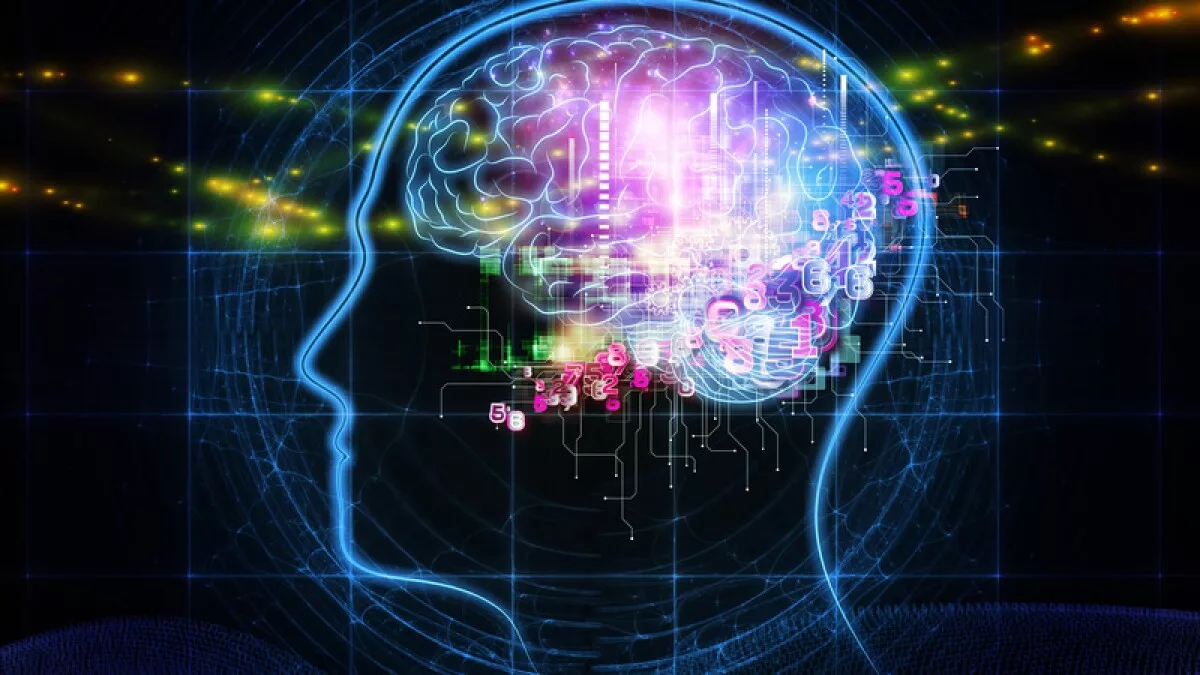In the not-so-distant future, wearable computers will read brain waves and offer suggestions in real time to improve performance in everyday activities
“You’re feeling distracted and can’t get your work done despite a looming deadline. Your headphones detect your lack of focus and suggest you take a break, while a headband beams signals to adjust your brain activity and energize you. Crisis averted.
That’s the future technologists imagine, and a variety of devices are being developed to enhance the brain’s performance in day-to-day life.
Right now, the market for devices that can read brain activity and translate it into actions is in its infancy. But, thanks in part to Elon Musk’s startup Neuralink, which is developing implantable brain-computer interfaces—or BCIs—that can record data from thousands of brain cells, investment and interest in these devices have soared in recent years.
New wearable devices designed to provide feedback during day-to-day activities build on implantable BCIs used for medical interventions, as well as decades of research into how the brain works. Efforts on implantable devices focus on restoring function. Applications aimed to allow communication and movement have been in development for decades to help paralyzed patients, and researchers have made major leaps with implantable devices in recent years, including giving voice back to the voiceless.
Last year, Neuralink showed that a monkey could control a cursor with its mind and type out a message. A Neuralink competitor, Synchron, showed that paralyzed patients implanted with its brain-recording device could use their brain signals to text with an iPhone.
While implants could help many patients, these devices are unlikely to become blockbuster mass-market consumer products anytime soon because of federal medical-device regulations, high costs and the inherent risks of brain surgery. Technological constraints also now limit the amount of data that can be collected from the brain. For instance, implanted devices can get hot and damage brain tissue as more data gets extracted from the brain, similar to a smartphone overheating if too many apps are running. Putting too many needlelike sensors into the brain might also cause damage.”
Check out the full article by Daniela Hernandez from the WSJ here.

Pictures via the WSJ and “Government Technology”
Please note, the content on this page is not property of Amplify Oshkosh. All credit is reserved to the publishing party noted and stated above.




